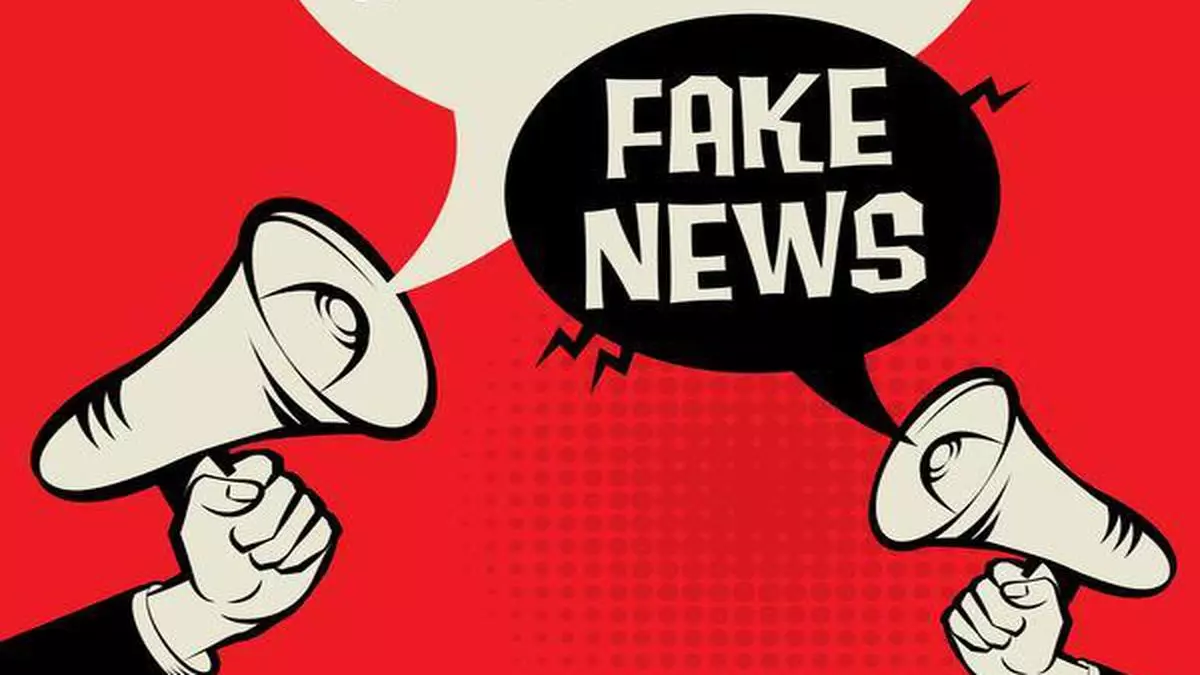In contemporary times, the internet has transformed significantly, yet alongside its evolution, there’s been a surge in the dissemination of fake news. This inaccurate information, prominently distributed on social media platforms, tends to increase, particularly during electoral periods. Its widespread circulation distorts public perceptions of politics and governance.
Research conducted by ExpressVPN has shed light on the profound impact of such fabricated news. This misinformation can lead individuals to make ill-informed decisions, cast doubt on reliable sources, and erode confidence in the electoral process. This article delves into the hazards of fake news during elections without framing it as a list of risks.
Threat to democracy
Fake news isn’t merely misleading; it poses a substantial threat to the bedrock of democracy itself. It deceives voters, leading them to base their decisions on false or misleading information. Studies, such as those by the University of Central Florida, highlight that a significant portion of the American population (around 70%) feels that fake news has eroded their trust in the government and, consequently, in the democratic process.
The notorious “Pizzagate” scandal during the 2016 U.S. Presidential election stands as a glaring example of the tangible consequences that fake news can yield, underlining the urgency to combat such misinformation.
Manipulation of voter opinion
Moreover, the insidious nature of fake news manipulates emotions and biases to sway voter opinions. Research from Psychology Today underscores the significant influence fake news had on voter behavior during the 2016 U.S. elections, particularly among undecided or independent voters.
Using social media platforms and sophisticated technologies like deepfakes further exacerbates the challenge of maintaining fairness in the electoral process.
Increasing polarization
Fake news doesn’t just misinform; it fosters societal divisions. Instances like the spread of misinformation during the Black Lives Matter protests in 2020 intensified racial and political divides.
Social media algorithms play a role here by creating echo chambers, isolating users from diverse viewpoints, and reinforcing existing beliefs.
Erosion of trust in media and institutions
The repercussions extend beyond voter opinions and societal divisions; fake news undermines the credibility of reputable news sources and institutions.
This erosion of trust in traditional media, highlighted by Stanford’s study on social media’s impact during the 2016 election, impacts the public’s perception of governmental and non-governmental entities. Consequently, it may lead to disengagement and cynicism towards democratic institutions.
Celebrity Endorsement Effect
Another significant risk is the exploitation of celebrity influence. Fabricated stories depicting celebrities endorsing political figures or ideologies deceive fans, leveraging their trust and admiration. This manipulation can substantially impact voter decisions, particularly among younger demographics, by swaying them to adopt similar political stances without adequate information.
Understanding these risks emphasizes the need for critical thinking among voters. It’s crucial to scrutinize political news, especially those involving celebrity endorsements, to distinguish authentic information from fake news. Being vigilant and fact-checking news before sharing it with others is imperative to avoid inadvertently contributing to the propagation of misinformation.
Final thoughts
In conclusion, the awareness of the hazards posed by fake news serves as a reminder to exercise caution and responsibility in consuming and disseminating information, especially during crucial electoral periods.
